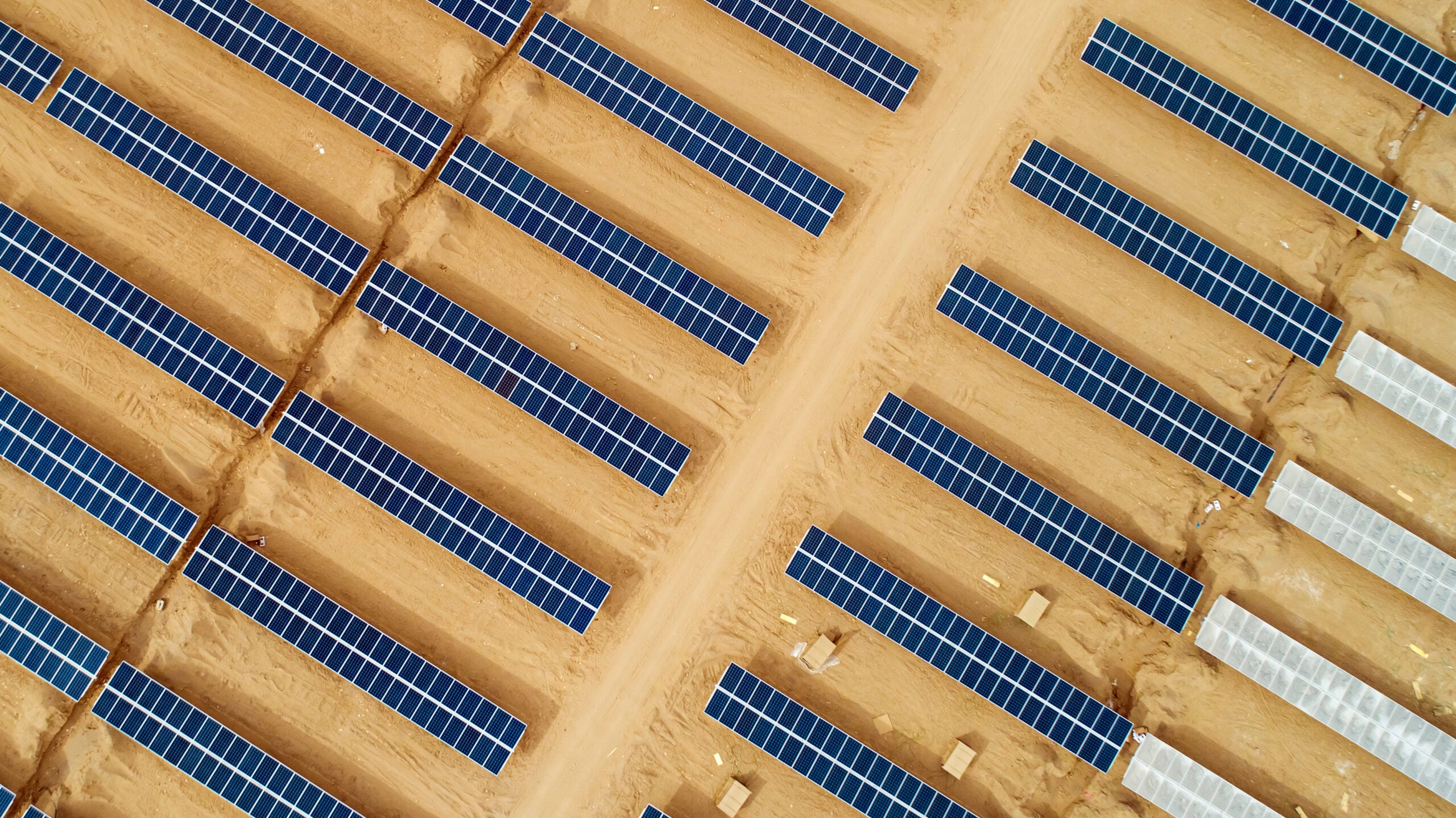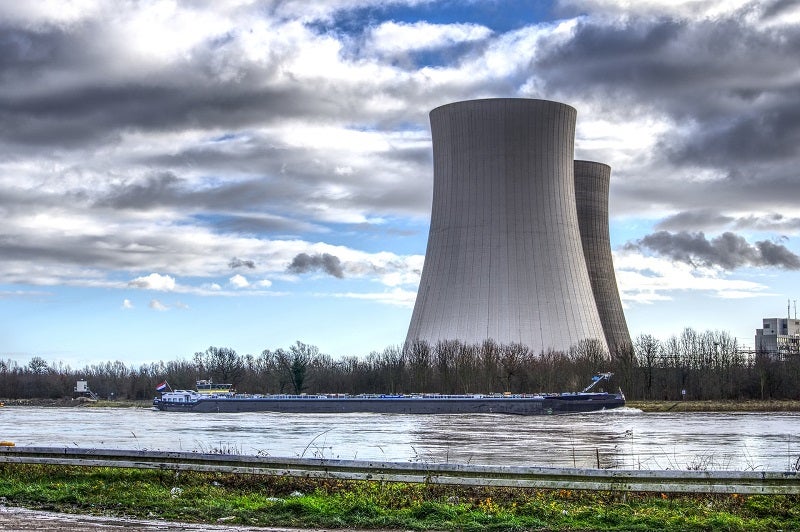
Could electricity made from urine be the answer to both the sanitation and the power needs of some of the poorest communities in the developing world? Although it sounds unlikely, UK-based scientists, backed with funding from Microsoft billionaire Bill Gates, believe it could be. They are currently working on scaling up a system that could eventually provide two human necessities, sanitation and electricity, to communities in developing countries.
Scientists from The Robotics Lab, a collaboration between the University of the West of England (UWE) and the University of Bristol, have proven that electricity – at this stage enough to charge a mobile phone to send messages but not make a call – can be made by using urine to directly fuel microbial fuel cells (MFCs).
How well do you really know your competitors?
Access the most comprehensive Company Profiles on the market, powered by GlobalData. Save hours of research. Gain competitive edge.

Thank you!
Your download email will arrive shortly
Not ready to buy yet? Download a free sample
We are confident about the unique quality of our Company Profiles. However, we want you to make the most beneficial decision for your business, so we offer a free sample that you can download by submitting the below form
By GlobalDataThe aim is to continue development of the technology, which has now entered its second stage thanks to funding from the Melinda and Bill Gates Foundation, in order to create a fully functional system to be installed in domestic bathrooms that can harness urine power to light bathrooms, heat water or charge a mobile phone.
"Using the ultimate waste product as a source of power to produce electricity is about as eco as it gets," said principal investigator of the project, Dr Ioannis Ieropoulos.
See Also:
How Urine-tricity works
The technology works by utilising specialised, naturally-abundant microbes, housed within the anodic chamber of the fuel cell as a bio-catalyst. When fed urine, the microbes naturally consume it as part of their normal metabolic process, which in turn generates electrons. When connected to a cathode, these electrodes are given a path and generate a current.
Urine has never been exploited for power purposes before now. Although it has been proven technically possible, can it be scaled up and is it practical? In this second phase of research the scientists want to prove the answer is yes to both of these questions. They will now be working to maximise the power output, which will inadvertently have the advantage of improved breakdown of the waste material, thus making it safer for disposal.
The ultimate aim, however, is to develop and refine the process to make enough energy to charge a battery, and in the future, be installed into domestic bathrooms to harness the urine and produce sufficient electricity to power showers, lighting or razors.
"The beauty of this fuel source is that we are not relying on the erratic nature of the wind or the sun; we are actually re-using waste to create energy," said Dr Ieropoulos.
Scaling up the technology for practical use
Though a novel and truly eco-friendly idea, some have questioned its economic viability. For example, writer and fellow at the Adam Smith Institute in London, Tim Worstall wrote that, although the technology is technically possible, "The real question now to be researched is whether this method makes sense in those parts of the world where one of those three, or more likely all three of sewage, potable water and electricity, don’t exist. Would such technologies be cheaper than spending the money to actually go and build those systems?"
In many parts of the world, for example in rural villages, it seems unlikely that full-scale systems will be built any time soon, therefore Urine-tricity, in principle, would be an excellent part of the solution. However, that depends on how quickly, if at all, the technology can be scaled up and at what cost.
Many homes in the poorest villages do not have their own toilets, with streets of houses being forced to share a communal toilet that can be not only unsanitary, but also particularly dangerous for women, as, according to reports, sexual assault can be rife in these areas. An in-home toilet fitted, either by a charitable organisation or at an affordable cost, alone would really improve the quality of life for a family.
In other faster developing parts of the world, it may be an excellent temporary solution but not a long-term one. One would argue that full-scale systems and infrastructure will always be a better solution.
Nevertheless, the technology is certainly innovative and holds some excellent promise for a future where urine is no longer seen as inconvenient waste, but has a value of its own.





